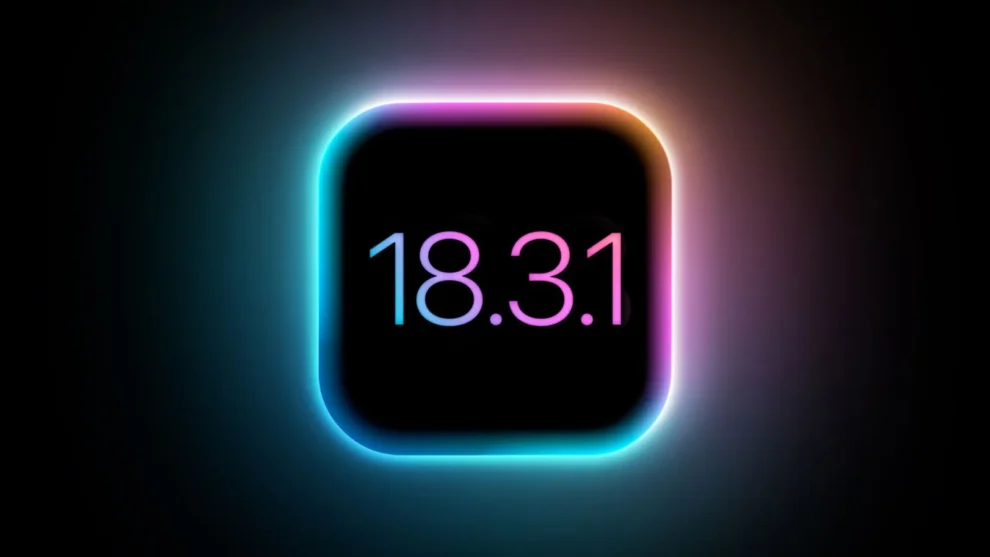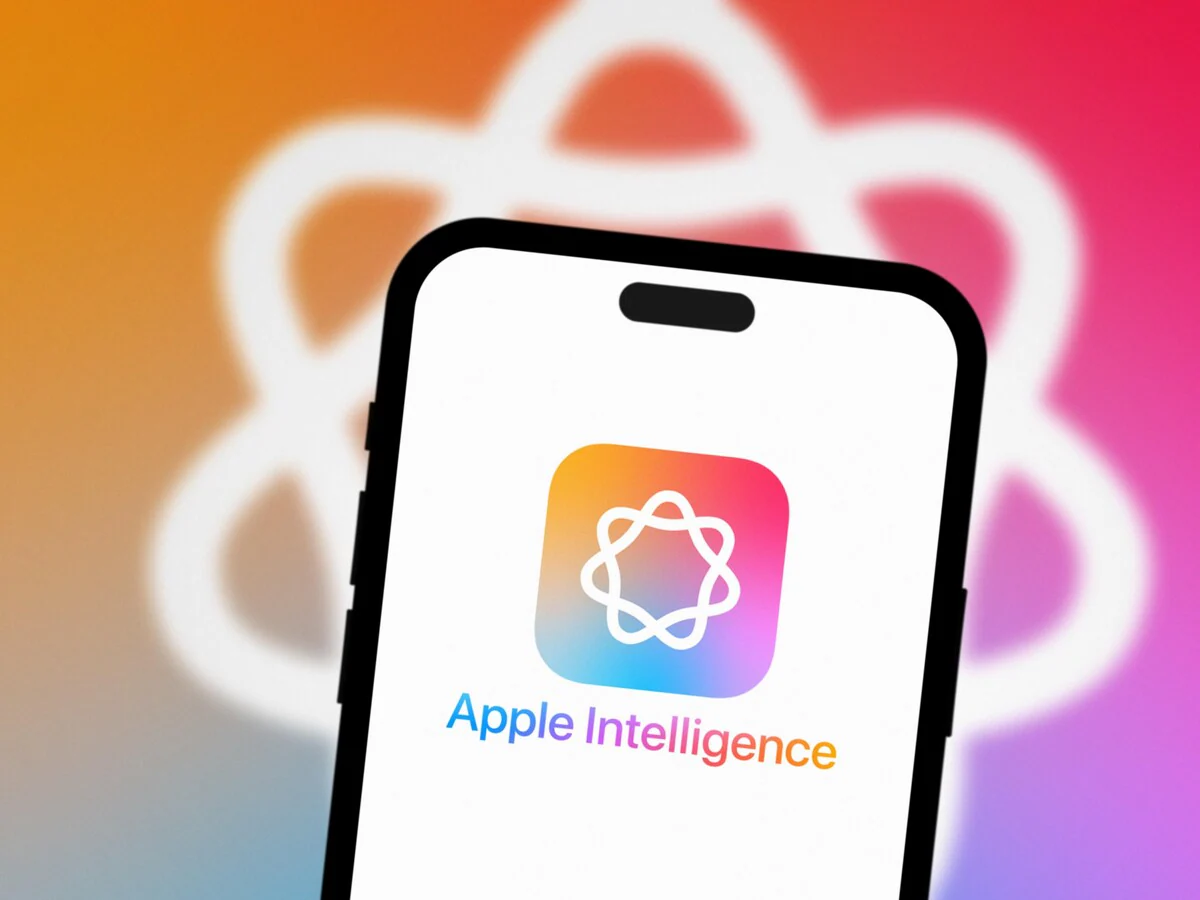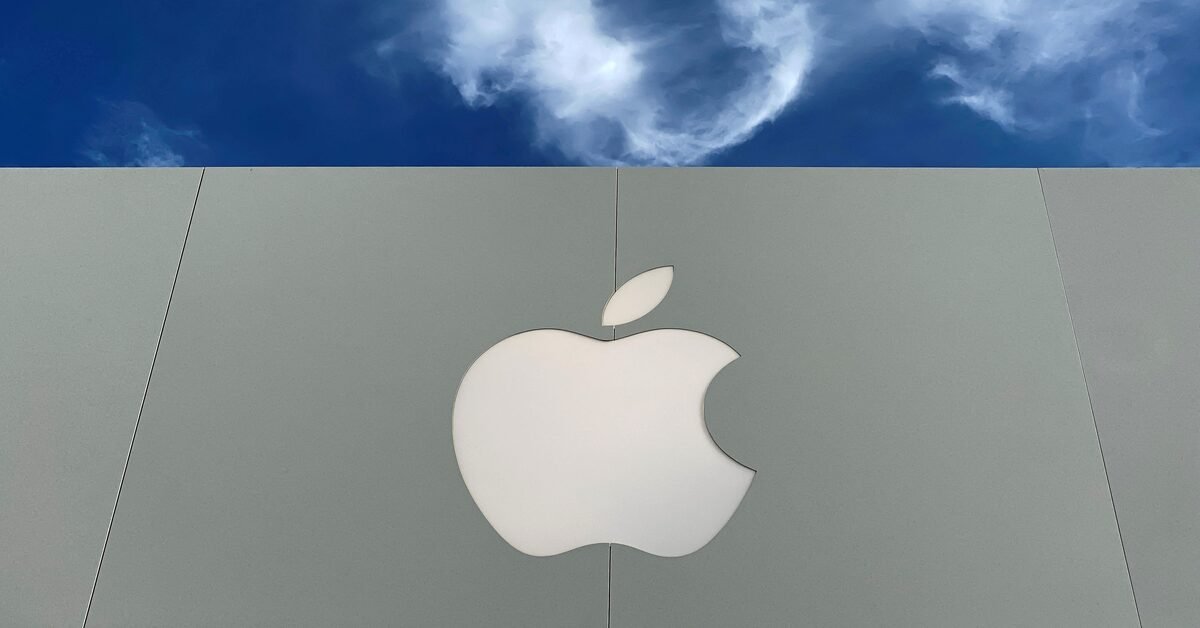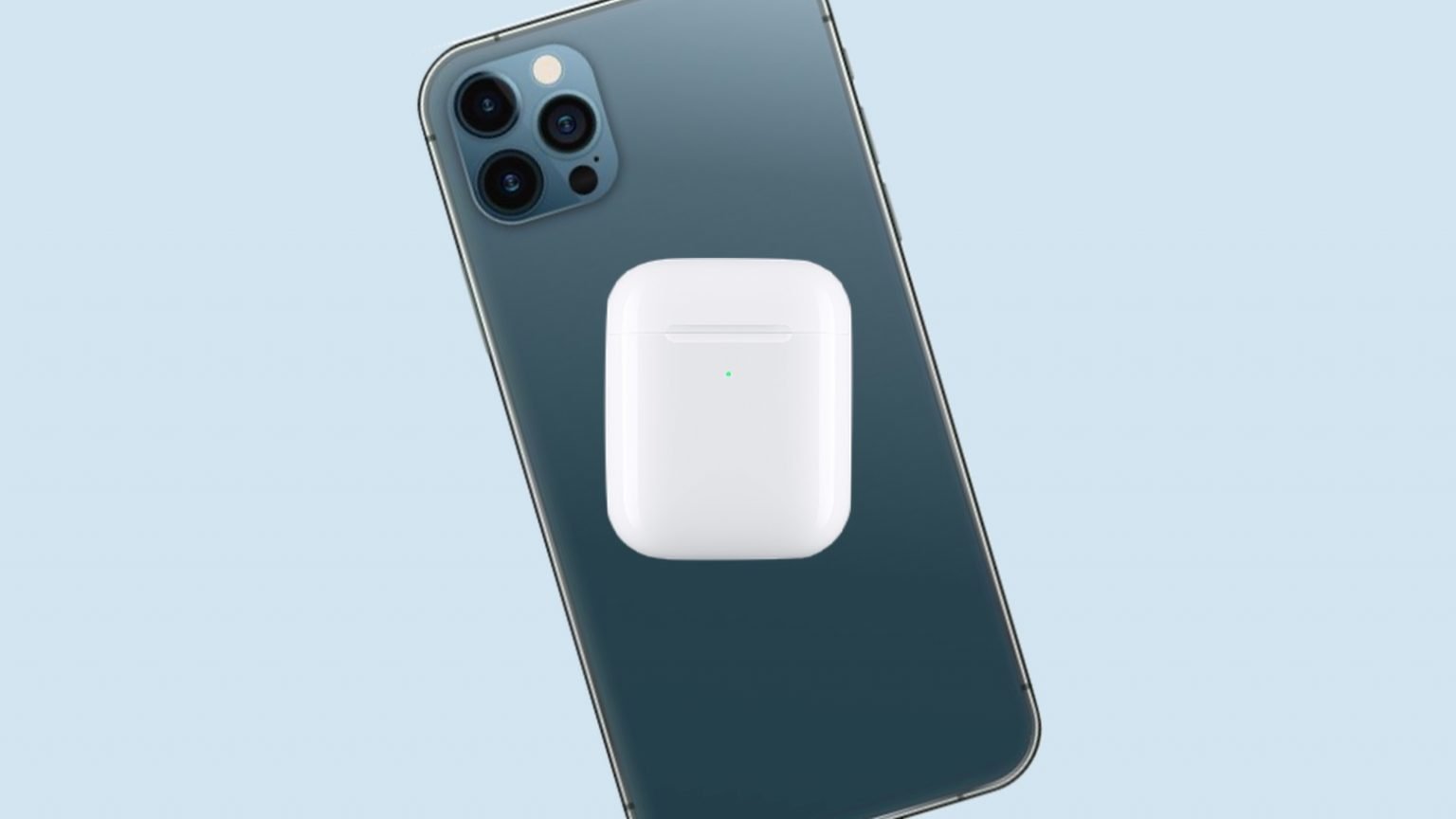Apple has released iOS 18.3.1, a crucial update designed to protect iPhones from potential physical attacks. This patch addresses a vulnerability that could allow unauthorized access to device data even if the passcode is unknown. The update is available for all compatible iPhones and is recommended for all users.
The specific vulnerability targeted by iOS 18.3.1 relates to a method where attackers could potentially exploit a weakness in the iPhone’s security system through physical manipulation. While details about the exact nature of the exploit are limited to prevent further misuse, Apple has confirmed that this update closes the security gap. This type of physical attack often requires specialized equipment and significant technical expertise.
This update comes shortly after the release of iOS 18.3, which included several new features and bug fixes. The rapid release of 18.3.1 underscores the seriousness of the addressed security risk and Apple’s commitment to user safety. Security researchers and users alike had reported the vulnerability to Apple through various channels, and the company responded swiftly with the patch.
The potential consequences of this vulnerability being exploited could range from unauthorized access to personal data like photos, messages, and contacts, to more severe compromises of the device’s functionality. In some scenarios, attackers could bypass security measures and gain control of the device, potentially leading to identity theft or financial fraud.
Users are encouraged to update their iPhones to iOS 18.3.1 as soon as possible. The update can be downloaded wirelessly through the Software Update section in the iPhone’s Settings app. The update process typically takes a few minutes, depending on the device and network connection. Apple recommends backing up your device before installing any software updates to prevent data loss.
This update highlights the ongoing challenge of securing mobile devices against increasingly sophisticated attack methods. Physical attacks, although less common than remote exploits, can pose a significant threat, especially when targeting high-profile individuals or devices containing sensitive information. Apple’s quick response to this vulnerability demonstrates the company’s focus on maintaining the security and privacy of its users.
The release of iOS 18.3.1 also serves as a reminder for users to practice good security habits. These habits include setting strong passcodes, being cautious about sharing personal information, and keeping software updated. While Apple works to patch vulnerabilities, users play a crucial role in protecting their own devices and data.
Apple has not released specific details about any other changes or features included in iOS 18.3.1 beyond the security fix. The focus of this update is clearly on addressing the critical vulnerability and ensuring that iPhone users are protected from potential physical threats. The company is expected to release more information about the security content of the update on its security updates page shortly.
This incident also emphasizes the importance of responsible disclosure of vulnerabilities. Security researchers who discover potential weaknesses in software play a vital role in helping vendors like Apple improve the security of their products. By reporting vulnerabilities responsibly, researchers give vendors time to develop patches before the vulnerabilities can be exploited by malicious actors.
Apple’s swift action in releasing iOS 18.3.1 demonstrates its commitment to addressing security concerns promptly. This update reinforces the company’s reputation for prioritizing user security and privacy. By staying vigilant and responding quickly to threats, Apple aims to maintain the trust of its customers and ensure the safety of their devices.
The company’s ongoing efforts to enhance the security of its products are essential in today’s digital landscape, where cyber threats are constantly evolving. Apple’s proactive approach to security updates, combined with user awareness and responsible disclosure practices, contributes to a safer mobile experience for everyone.



















Add Comment